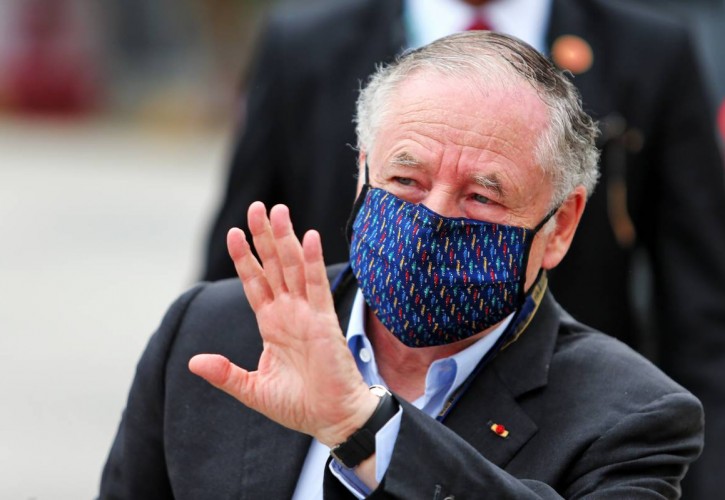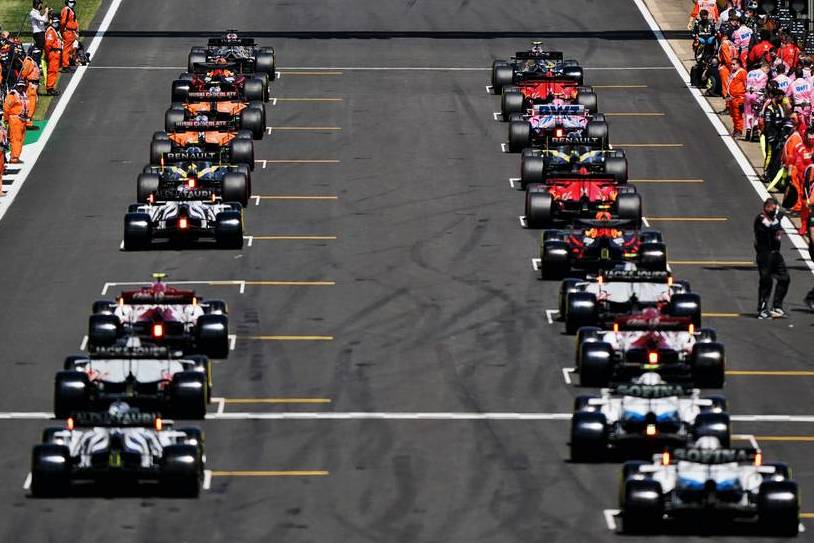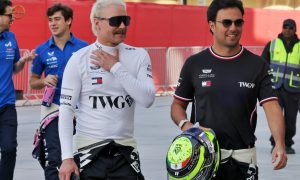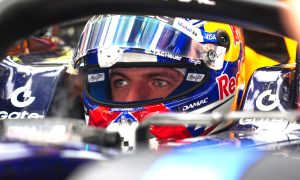
FIA president Jean Todt is all for improving the show in F1 and instilling excitement with format changes as long as they do not "denature" the sport.
F1's stakeholders are currently considering trialing a Saturday Sprint Race at three venues this season that would replace the traditional 60-minute grid-defining qualifying session.
Teams are awaiting a detailed assessment by a working group tasked with evaluating the costs and logistics of a Sprint Race before delivering their verdict and eventually casting a vote on the idea.
Todt supports the initiative but insists that it must remain within the boundaries of fairness in terms of competition and not "denature" F1's DNA.
"If we can find, and we are trying to do that, innovative ways of creating more excitement, a better show, we will do it but not at the cost of damaging the sport," commented the Frenchman in an interview at the Cambridge Union.
"There is the intention to have a kind of ‘super qualifying’ at two or three Grands Prix already starting this year.
"So we are happy to do something, but we don’t want to denature the sport."

The prospect of resorting to reverse grids was permanently dismissed earlier this year, and Todt confirmed that such artifices have no place in F1.
"Why I’m against reverse grids is because it is artificial," he said.
"In a race weekend you spend two days to be as competitive as possible, to have a good starting position. So why if you are the quickest should you start at the back of the grid?
"It would be completely against the interest of the sport, against the nature of the sport."
Todt believes the introduction of a $145m cost-cap in F1 this year is the first crucial step towards achieving a fair and level playing field in the sport.
But the FIA boss made clear that the financial cap will need time to take effect.
"I would say the first big step was to decide to implement the cost cap, which is a kind of game-changer," Todt explained.
"We did that in three steps – this year it is $145million, next year will be $140million and the year after will be $135million, without including the engine development and some other parameters which are well defined and listed.
"So clearly the cost cap is affecting mainly three teams – Mercedes, Red Bull and Ferrari. The other seven teams are not hurt today by the cost cap, so whether it means it will create less discrepancy between the small, medium and big teams, you don’t achieve that very easily.
"It means you need to get rid of quite a lot of people to follow the cost cap regulation, so it takes a certain time. But I will say the first step to decide and implement it has been done, and it is a great success."
Keep up to date with all the F1 news via Facebook and Twitter







